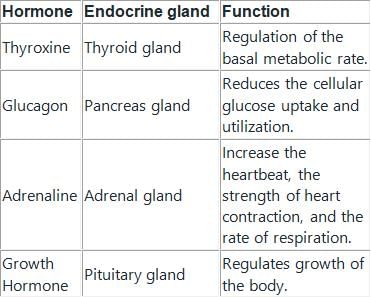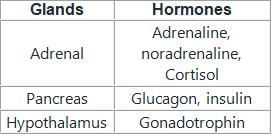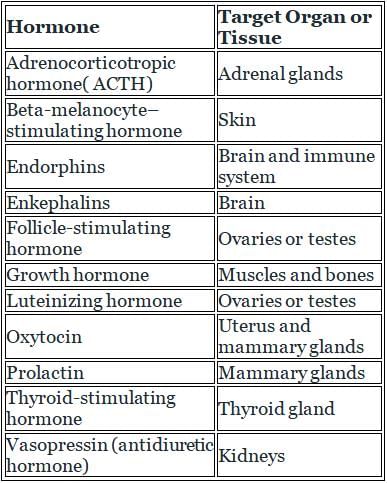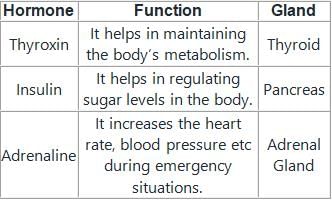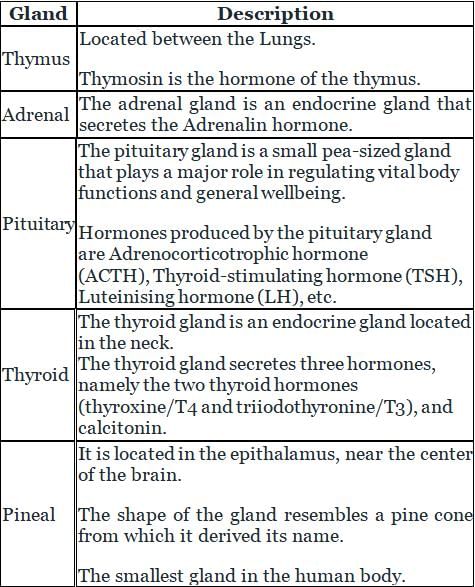MCAT Exam > MCAT Tests > Test: Endocrine System- 1 - MCAT MCQ
Test: Endocrine System- 1 - MCAT MCQ
Test Description
15 Questions MCQ Test - Test: Endocrine System- 1
Test: Endocrine System- 1 for MCAT 2025 is part of MCAT preparation. The Test: Endocrine System- 1 questions and answers have been prepared
according to the MCAT exam syllabus.The Test: Endocrine System- 1 MCQs are made for MCAT 2025 Exam.
Find important definitions, questions, notes, meanings, examples, exercises, MCQs and online tests for Test: Endocrine System- 1 below.
Solutions of Test: Endocrine System- 1 questions in English are available as part of our course for MCAT & Test: Endocrine System- 1 solutions in
Hindi for MCAT course.
Download more important topics, notes, lectures and mock test series for MCAT Exam by signing up for free. Attempt Test: Endocrine System- 1 | 15 questions in 25 minutes | Mock test for MCAT preparation | Free important questions MCQ to study for MCAT Exam | Download free PDF with solutions
Test: Endocrine System- 1 - Question 1
Which of the following glands produces luteinizing hormone?
Detailed Solution for Test: Endocrine System- 1 - Question 1
Detailed Solution for Test: Endocrine System- 1 - Question 2
Detailed Solution for Test: Endocrine System- 1 - Question 3
Test: Endocrine System- 1 - Question 4
Which of the following pairs of the endocrine gland is located in the brain?
Detailed Solution for Test: Endocrine System- 1 - Question 4
Detailed Solution for Test: Endocrine System- 1 - Question 5
Detailed Solution for Test: Endocrine System- 1 - Question 6
Test: Endocrine System- 1 - Question 7
Which of the following glands is also known as ‘master gland’?
Detailed Solution for Test: Endocrine System- 1 - Question 7
Detailed Solution for Test: Endocrine System- 1 - Question 8
Test: Endocrine System- 1 - Question 9
Which of the following gland is referred as the biological clock?
Detailed Solution for Test: Endocrine System- 1 - Question 9
Test: Endocrine System- 1 - Question 10
Iodine is essential for the synthesis of which hormone ?
Detailed Solution for Test: Endocrine System- 1 - Question 10
Detailed Solution for Test: Endocrine System- 1 - Question 11
Test: Endocrine System- 1 - Question 12
Which among the following is an Endocrine gland in the human body?
Detailed Solution for Test: Endocrine System- 1 - Question 12
Detailed Solution for Test: Endocrine System- 1 - Question 13
Test: Endocrine System- 1 - Question 14
Which among the following gland produces insulin, the chief hormone in body for metabolizing sugar?
Detailed Solution for Test: Endocrine System- 1 - Question 14
Test: Endocrine System- 1 - Question 15
The sleep-wake cycle of the body is regulated by the hormone ______.
Detailed Solution for Test: Endocrine System- 1 - Question 15
Information about Test: Endocrine System- 1 Page
In this test you can find the Exam questions for Test: Endocrine System- 1 solved & explained in the simplest way possible.
Besides giving Questions and answers for Test: Endocrine System- 1, EduRev gives you an ample number of Online tests for practice
Download as PDF


